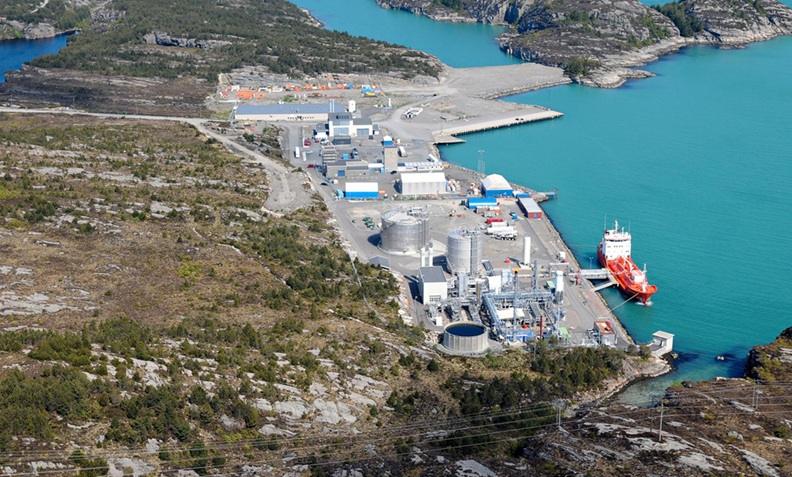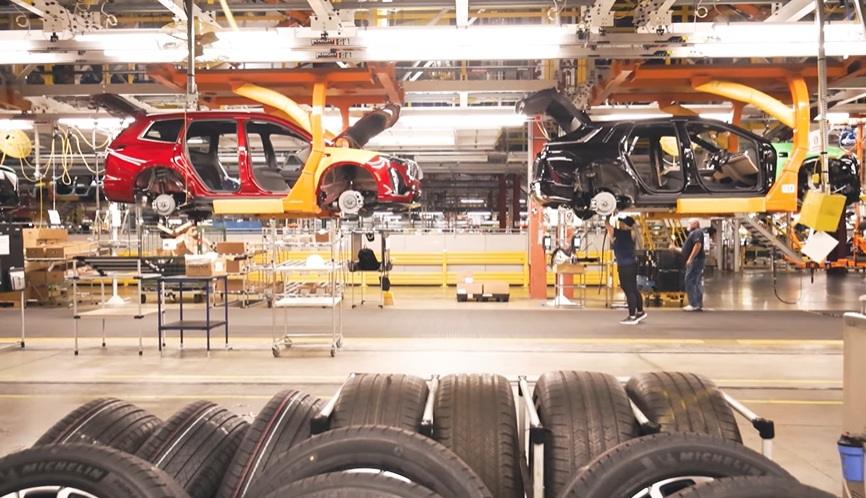UBS Joins Group to Help Tackle Climate Impact of its Technology Footprint
UBS announced today that it has joined and become a steering member of the Green Software Foundation, an initiative to reduce the environmental footprint of software and help the industry address climate change.
Launched last year by a consortium of professional services and technology companies including Accenture, Microsoft, GitHub and Thoughtworks, the Green Software Foundation aims to change the culture of building software, setting sustainability as a core priority for software teams, with a focus on reducing emissions associated with software. The foundation is developing green software development standards and supporting the green open source ecosystem, enabling the creation of green software applications.
With over 70,000 employees globally, and thousands of applications running across its global businesses, UBS said that the announcement forms part of its initiatives to achieve its climate goals, and particularly its commitment to reduce technology-related emissions. The move follows the release last month of UBS’ Climate Report, outlining the company’s roadmap to achieve its climate targets, which include reaching net zero across scope 1 and 2 emissions by 2025, and across all scopes by 2050.
As a Green Software Foundation Steering member, UBS will share learnings and best practices with its financial services peers. The company highlighted several of its initiatives to address its technology-related carbon emissions, including moving from on-premise data centers to the cloud, systematically reducing or removing idle and power-hungry resources, and a current project to explore carbon-aware applications which allow users to select computing options with the lowest emissions.
Mike Dargan, UBS Group Chief Digital and Information Officer, said:
“We are delighted to join the Green Software Foundation as a steering member. At UBS, we believe that reducing carbon emissions can be tackled on many fronts and our technology estate is one area in which we can proactively reduce our footprint by changing some of our day-to-day practices and behaviors.”





